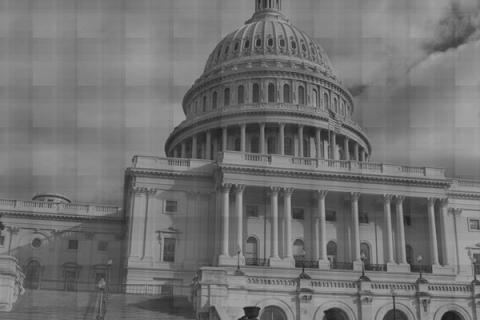Israeli tanks shot and scored direct hits on Syrian's artillery units on Monday November 12th in reaction to mortal shells coming from Syria that reached Israeli positions on the Golan Heights. This is the first time since 1973 that Israel and Syria exchange fire.
Israel took possession of the Golan Heights, at the time a Syrian territory, during the 1967 Six Day War. Israel confirmed its control of the plateau after violent fights in the 1973 Yom Kippur War. The Golan Heights have since been considered of strategic importance for military reasons as well as for its water resources.
Even if officially Israel and Syria are still at war, the two countries have not fought since 1979. While remaining enemies, each of the two countries had reasons to avoid confrontation. Syria has built its regional influence as a defender of the Palestinian cause without intervening militarily as Syria aims at being a peace and stability actor in the Middle East. From Israel's stand point, the Bashar-Al Assad regime, being an ally of Iran and supporter of Hezbollah and Hamas is a known enemy.
The recent tension between the two countries happened after mortar shells from Syria landed on the Golan Heights, without causing casualties. The origin of the shot remains unclear as the Syrian army and the rebels were fighting in the border region. After the first shot, Israel first reacted with warning shots on Sunday and before firing shot at Syrian's units on Monday as more mortal shells were fired during the night.
Differing analyses have been made as to the significance of these incidents. Some might wonder if this means that Syria's civil war is spilling on neighboring countries and dragging Israel into it. Israel's military and political leaders affirm the contrary and that this warning is meant to say that Israel will not accept any additional shelling whether deliberate or accidental on its territory.
Zaiad Mejeb, professor at American University of Paris, believes that accidents such as this one or the skirmishs at the Turkish, Jordanian, and Lebanese borders are attempts by the Assad regime to externalize the conflict and to show the world that if the regime falls, nothing will ensure the security of the borders. The mortal shots on the Golan are a clear political message, in his opinion, showing that a front that has been at peace for the last 40 years is now endangered by the Syrian revolution. However, he believes that, like with Turkey, it will not go further as the Assad regime does not have the capacity to escalate an international conflict.

